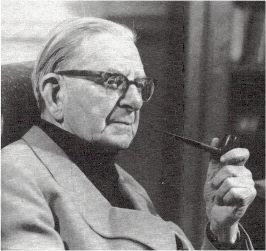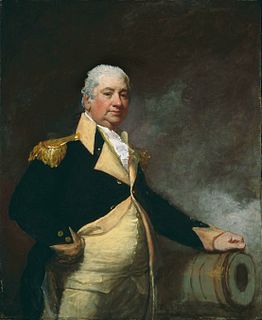A Quote by Rudolf Arnheim
The rehabilitation of order as a universal principle, however, suggested at the same time that orderliness by itself is not sufficient to account for the nature of organized systems in general or for those created by man in particular.
Related Quotes
Orderliness by itself is not sufficient to account for the nature of organized systems in general or for those created by man in particular. Mere orderliness leads to increasing impoverishment and finally to the lowest possible level of structure, no longer clearly distinguishable from chaos, which is the absence of order. A counterprinciple is needed, to which orderliness is secondary. It must supply what is to be ordered.
In [Aristotle's] formal logic, thought is organized in a manner very different from that of the Platonic dialogue. In this formal logic, thought is indifferent toward its objects. Whether they are mental or physical, whether they pertain to society or to nature, they become subject to the same general laws of organization, calculation, and conclusion - but they do so as fungible signs or symbols, in abstraction from their particular "substance." This general quality (quantitative quality) is the precondition of law and order - in logic as well as in society - the price of universal control.
There is a great difference, whether the poet seeks the particular for the sake of the general or sees the general in the particular. From the former procedure there ensues allegory, in which the particular serves only as illustration, as example of the general. The latter procedure, however, is genuinely the nature of poetry; it expresses something particular, without thinking of the general or pointing to it.
But it seems to me equally obvious that the orderliness is not all-pervasive. There are streaks of order to be found among the chaos, and the nature of scientific method is to seek these out and to stick to them when found and to reject or neglect the chaos. It is obvious that we have succeeded in finding some order in nature, but this fact in itself does not prove anything farther.
We may appreciate the efforts, and even the greatness of the men who have tried to find the universal, the general 'behind' appearances; yet at the same time their quest was doomed to fail, for all universals break down as soon as the Creator, He who made man in His image, is denied or left out of account.
All death in nature is birth, and at the moment of death appears visibly the rising of life. There is no dying principle in nature, for nature throughout is unmixed life, which, concealed behind the old, begins again and develops itself. Death as well as birth is simply in itself, in order to present itself ever more brightly and more like to itself.
First, I think it proper to express my unshaken opinion of the immortality of my soul or mind; and to dedicate and devote the same to the supreme head of the Universe - to that great and tremendous Jehovah, - Who created the universal frame of nature, worlds, and systems in number infinite . . . To this awfully sublime Being do I resign my spirit with unlimited confidence of His mercy and protection . . .
To refuse any bond of union between man and civil society, on the one hand, and God the Creator and consequently the supreme Law-giver, on the other, is plainly repugnant to the nature, not only of man, but of all created things; for, of necessity, all effects must in some proper way be connected with their cause; and it belongs to the perfection of every nature to contain itself within that sphere and grade which the order of nature has assigned to it, namely, that the lower should be subject and obedient to the higher.







































